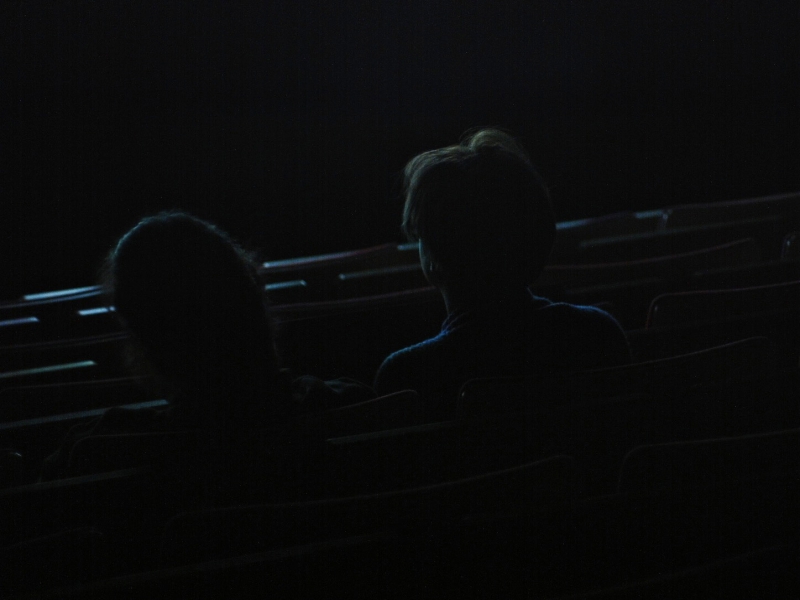
Met Dirk Lauwaert in het klaslokaal en de filmzaal
Ik kan nog zoveel regels afkondigen en (proberen te) handhaven, nooit kan of wil ik de gedachten van de student controleren. Uit het raam staren is een recht van elke leerling. De aula mag dan geen vensters hebben en de digitale verbinding met de buitenwereld mag dan tijdelijk zijn verbroken, niets verhindert de student (of bioscoopganger) te dagdromen, in gedachten boodschappenlijstjes op te stellen, creatieve projecten of amoureuze plannen te smeden, familiale, financiële, lichamelijke of mentale problemen te overpeinzen terwijl ik vooraan mijn best doe. Of terwijl de film zijn ding doet. Net zoals de film poog ook ik niets te bewijzen, niemand te overtuigen. Ik wil geen zieltjes maar aandacht winnen. Hier en nu.